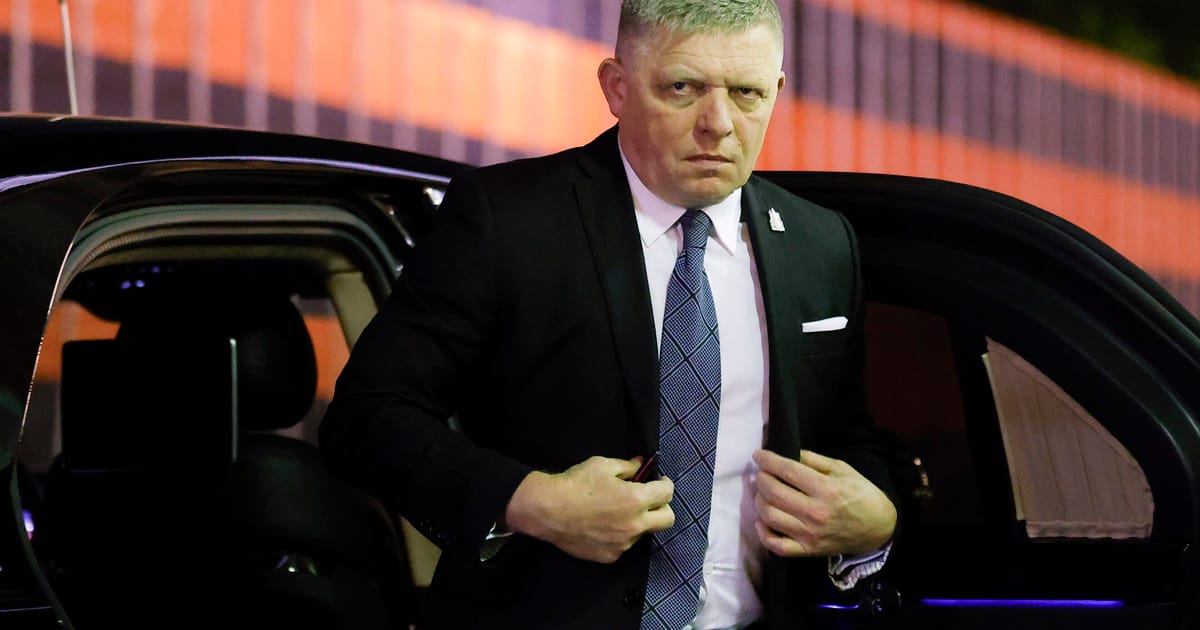

In an interconnected world, nations grapple with diverse challenges ranging from economic sanctions to peace negotiations and human rights dilemmas. A look at recent global developments reveals significant activities in Slovakia, Iran, the UK, and parts of South America.
Beginning with Slovakia, discussions within the European Union (EU) have reached a delicate stage as Prime Minister Robert Fico deliberates on the EU’s proposal to ban Russian gas imports. This measure is part of a broader sanctions package aimed at pressuring Russia but raises concerns for Slovakia’s economic health. Having previously blocked the sanctions deal, Slovakia’s leadership is poised to reach a crucial decision on Tuesday. Prime Minister Fico’s focus is striking a balance between participating in collective EU actions and safeguarding Bratislava’s economic interests, which depend significantly on Russian energy supplies.
Meanwhile, in Iran, the geopolitical landscape remains tense as the country expresses conditional willingness to resume nuclear talks. Following recent military strikes in June by the United States and Israel on Iranian nuclear facilities, Iran seeks assurances of no further attacks as a prerequisite for discussions. Iranian Foreign Minister Abbas Araghchi emphasized a shift in Iran’s cooperation with the International Atomic Energy Agency (IAEA), signaling a strategic evolution without ceasing communication entirely. This development suggests Iran’s strategic positioning within international nuclear negotiations, setting the stage for potential diplomatic engagements if conditions are favorable.
On a different front, the United Kingdom is witnessing a significant call from within its political system to reassess foreign policy stances in the Middle East. Nearly 60 Labour MPs have articulated a demand for the UK government to immediately recognize Palestine as a sovereign state. This call emerges amid concerns of an escalating humanitarian crisis, underscored by Israel’s plans to relocate Gaza residents. The MPs’ letter to Shadow Foreign Secretary David Lammy highlights fears of potential ethnic cleansing, urging the UK to uphold human rights and international justice by recognizing Palestinian statehood.
Moving to South America, the Colombian-Ecuadorian border has seen legal actions against remnants of the former FARC guerrilla group. In Ecuador, five individuals associated with the dissident armed faction known as Comandos da Fronteira received 13-year prison sentences for organized crime. This conviction underscores ongoing regional efforts to maintain stability and combat residual insurgent activities following decades of conflict in Colombia.
In the realm of migration, Venezuela reports the return of over 200 deported migrants from the United States, marking a continuation of repatriation initiatives between the two nations. Venezuelan authorities announced the arrival of these individuals via a designated flight, highlighting the complex dynamics of international migration and repatriation amid strained US-Venezuela relations.
These vignettes showcase a tapestry of global efforts to navigate economic interests, diplomatic negotiations, human rights advocacy, and migration challenges. As the international community continues to evolve, nations are called to adapt, collaborate, and address these multifaceted issues with consideration and resilience.
Source: {link}
